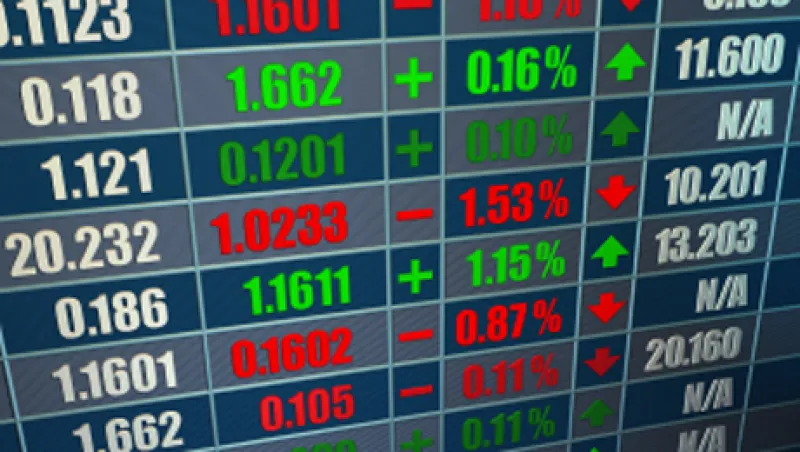
Hedge Fund Investors Seek Safety in Long-Short Equity
With markets unpredictable at best, a recent survey has found that hedge fund investors have been seeking safety lately in long-short equity investments.
Stephen Taub
January 31, 2012



